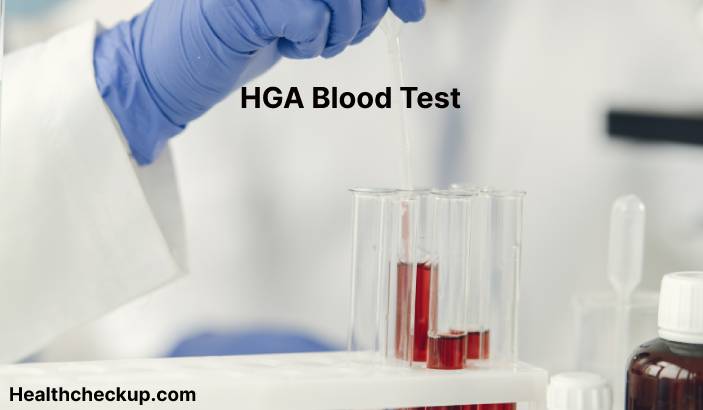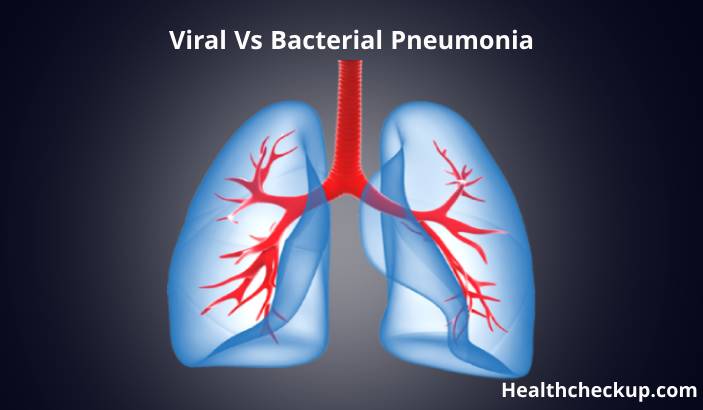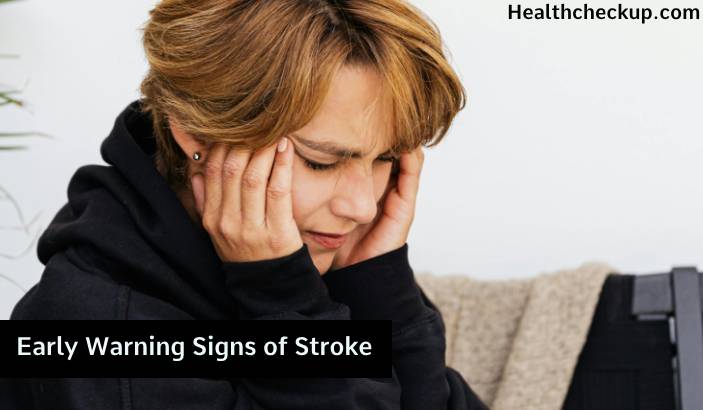Human granulocytic anaplasmosis (HGA) is a bacterial infection caused by the bacterium Anaplasma phagocytophilum. The bacterium is transmitted to humans through the bite of infected ticks, and it can cause a range of symptoms including fever, headache, and muscle aches. HGA is most commonly found in the United States, Europe, and Asia, and it is generally a mild to moderate illness that can be treated with antibiotics.
Symptoms
Symptoms of HGA typically appear within 1-2 weeks after infection and can include:
- Fever
- Headache
- Muscle aches
- Joint pain
- Chills
- Nausea
- Vomiting
In severe cases, HGA can lead to complications such as respiratory failure, kidney failure, and septic shock, which can be fatal.
Diagnosis
HGA is diagnosed based on symptoms, exposure to ticks in an area where the bacterium is present, and laboratory testing. Testing can include blood tests to detect the bacterium or antibodies to it.
Treatment
HGA is generally treated with antibiotics, such as doxycycline or tetracycline. Treatment is most effective when started early, and it is typically administered for at least 7-10 days. In severe cases, hospitalization may be necessary.
Prevention
There are no vaccines available to prevent HGA, and the best way to prevent infection is to avoid exposure to ticks in areas where the bacterium is present. This can include wearing long sleeves and pants when outdoors, using insect repellents, and avoiding areas with tall grass or bushes. It is also important to promptly remove ticks from the skin and to avoid handling them with bare hands.
Overall, HGA is a bacterial infection that is transmitted to humans through the bite of infected ticks. While it can cause serious illness, it is generally a mild to moderate illness that can be treated with antibiotics. It is important to take steps to prevent tick bites and to seek medical attention if you develop symptoms after being bitten by a tick in an area where HGA is present.









